Charles Pakana (Victorian Aboriginal News):
It was only recently that evidence and submissions for the Yoorrook Justice Commission in Victoria were called to a close. On the 30th of November this year, all submissions and all evidence was stopped. Joining me now is Wurundjeri Woi Wurrung and Ngurai Illum Wurrung woman, Deputy Chair of the Yoorrook Justice Commission, and someone who we’ve spoken to a number of times in our program and across the Victorian Aboriginal News, it’s Sue-Anne Hunter. Commissioner, thank you for joining me today.
Commissioner Sue-Anne Hunter:
Thanks for having me.
Charles:
Commissioner, it’s been a long time coming. It’s been a couple of years and now we’re waiting around, or the rest of Australia is now waiting around for that final report, which should be coming around the middle of 2025. Until then, given that the evidence has stopped and no more submissions, what are you and the other Commissioners going to be focusing on during the tenure, the remaining tenure of the Commission itself?
Commissioner Hunter:
We extended it because there was so many people still wanting to tell their truth. So many people still want to tell their truth, but there has to be a finale. You have to stop it. So what will happen now is we have the legal review of submissions. So they have to go through a process as well, not only to protect the Commission, but first and foremost, to protect those peoples.
Charles:
So just explain the legal review, what’s actually being looked at there? What’s being picked up?
Commissioner Hunter:
Oh, just so no one can, I guess, be sued or slandered or wrong information put forward. So we’ll have a look at them and work with them on the legal review so that it can be published in the domain and others can read that. They’ll then be published. So there’s that review process. Then we start working on the final report. We have started because you can always start history and start these reports and the official public record. So we’re starting working on those and forming recommendations.
Charles:
Sorry. What’s the difference between the final report and the official public record?
Commissioner Hunter:
So the final report is the, so to speak, and I’ll use the word themes that we’ve been looking at.
Charles:
Yep.
Commissioner Hunter:
So land injustice, health, housing, those sorts of things and more. And the official public record is the history told with our voices in it and by our voices, which hasn’t been done before.
Charles:
Right.
Commissioner Hunter:
As we know, my great line of, “History is told by the oppressor.”
Charles:
You’ve said that a few times in the past.
Commissioner Hunter:
I know. I have. And so it’s time the oppressor told their side.
Charles:
Right.
Commissioner Hunter:
But what we need to remember is when we tell histories, we don’t erase what was done or what was written. We include that in so people understand the thinking of the time. And so we need to also remember, this isn’t just First Peoples history. This is our shared history. It’s all our history.
Charles:
Yeah, of course.
Commissioner Hunter:
Of Victoria. So what does that look like? Well, you will see on June 30th when we get there.
Charles:
And you’ll of course, be speaking to us then, I’m sure. You made mention of a sudden surge or so many people still wanting to give their evidence and make submissions. It’s been announced for quite a while, or it was announced for quite a while that submissions were going to be on a specific date, yet almost at the 11th hour at that date, the Commission came out and said, “We’re going to extend it to the 30th of November.” How sudden was that surge, right at the finishing line?
Commissioner Hunter:
Yeah, it was a lot of people. We were getting something like 20 submissions a day at one point. And so we just thought we’ll just use the end of the month, which is hard on staff, and then we’ve got to put everything back a little bit, but at the same time, we only get one shot at this. So it was an easy decision to make. While we believe at the Commission, there needs to be an ongoing truth process.
Charles:
Sure.
Commissioner Hunter:
So we can’t just stop telling truth on the November 30th.
Charles:
Right.
Commissioner Hunter:
We couldn’t stop. We just couldn’t, but we have because that’s the process of a Royal Commission.
Charles:
And I recognize the limitations you have in what you can say in ongoing truth-telling. And to our listeners, all I will say, and not the Commissioner herself, but what I will say is continue watching this space because given that state-wide treaties have started negotiations only this month, we are sure to see something along those lines pop up over the next few months or at least years. So we’ll keep you posted on that one, and Commissioner, we’ll let you off the hook with that one, well and truly.
Commissioner Hunter:
Oh, thank you.
Charles:
Commissioner, I won’t let you off the hook though when it comes to a more reflective question, and that is during these past couple of years, and I know it’s been tough for you. We’ve yarned about it offline a couple of times about how absolutely stark it’s been for you, Aunty Eleanor and the other Commissioners. What are some of the most telling moments that will stick with you for the rest of your life when it comes to the submissions and the evidence you’ve heard?
Commissioner Hunter:
People say, “Oh, give me an example or give me a moment.” And I don’t think there is one particular moment. What an honor, to be able to hold space for four years with First Peoples telling their truth. I’ve sat in prisons, people’s kitchen tables, on their country, people’s workplaces, wherever people have wanted to tell their truth, and everyone has had an impact and everyone is different.
Charles:
It’s interesting that you make mention of those humble settings, rather than the hearing room here at Yoorrook and listening to some of the political leaders of this state.
Commissioner Hunter:
Well-
Charles:
It seems that it’s the humble ones that are stuck in your mind more than the more high profile ones.
Commissioner Hunter:
Well, I think we need to balance it out. It’s a Royal Commission with legal powers, and then you’ve got your cultural safety elements that you bring into it and protocols, and balancing those out has been really difficult and tricky. But for me, those small voices, the humble ones, the ones you can bring forward that don’t really want to be in the light, you just hold them dear. People invite you into their space. In the hearings, we invite people into our space. So there’s a bit of a difference there, but even, you’re still holding space. And look, some of those moments have been quite pivotal or memorable in the domain of being streamed in the hearings.
Charles:
Like when Henty came in and was talking about her ancestors?
Commissioner Hunter:
Yes, and Alfred Deakin’s great-grandson. They’re all moments. They all have their own space in history, and they all have their own moment and time. Look, I’m a social worker at heart.
Charles:
Yep.
Commissioner Hunter:
So sitting with people and hearing their truths, and particularly, it’s not their job, whereas a politician, it’s their job.
Charles:
Yep.
Commissioner Hunter:
All right? That’s the difference, I think. And they’re my people. They’re our people. They’re our people of this state who… I don’t like the word brave, but I’m going to say courageous enough to tell their story. Even if it’s not public, they’re hard, they’re traumatizing, but you always find the strength in them.
Charles:
Are there many stories that were told during this time that were not to be made public?
Commissioner Hunter:
That was completely up to the person telling it.
Charles:
But were there many?
Commissioner Hunter:
There’s quite a few. Yep. Yep.
Charles:
Were there any that you thought, “Wow, if only you would release that because that would have such a great impact?” We’re not going to ask you to name names or identifying at all.
Commissioner Hunter:
No, because I come into this. Well, call it data for sake. Your data is your data. You have total control over that. Very impactful. A lot of them could be very impactful, but that’s their story and the way they tell it all. And it’s also those ones that are really traumatizing and they still carry something in that that they don’t want the world to know yet. And one day, they might.
Charles:
Are there specific areas of evidence taking that you would’ve liked to have seen incorporated, that may have otherwise not been given enough emphasis? Now, we had sky and air, sky and water. We had land. These themes that you mentioned earlier. Are there any others that you wish, if only we had more time, you would’ve focused on?
Commissioner Hunter:
I would think a lot of people talked about racism in sport, and I think that’s huge. If you look at our Letters Patent, the mandate’s quite open. It’s systemic injustice.
Charles:
It’s huge. Yeah.
Commissioner Hunter:
And so there’s a lot. There’s a lot we didn’t or won’t get to, but considering it’s systemic injustice, what are those systems that are causing harms to our people right now that we really need to look at or contribute to the healing of our people?
Charles:
Let’s talk then about, you made mention of the Letters Patent, and I remember having a yarn with Aunty Eleanor Burke about that very soon after the Commissioners were announced a few years ago, and it was an extensive remit that was given to you. Do you believe that the amount of time that was given to the Commission, the amount of evidence was gathered, do you really believe that it’s going to be possible to achieve everything within the Letters Patent?
Commissioner Hunter:
No.
Charles:
It was simply too big.
Commissioner Hunter:
It’s too big. I think it’s as big as it needed to be. I don’t think we had enough time, to be honest. And so there’s big transformational recommendations in everything, and they will go towards treaty. This isn’t the end. This is actually just the beginning, I believe, because these recommendations go into the treaty process.
Charles:
Sure.
Commissioner Hunter:
They also start conversations, broader conversations in wider community, but they also go back to government to have those thoughts and discussions around what could possibly make the difference. The other thing I really like is, and this was me reflecting the other day, was we talk a lot about cultural safety in a lot of our reports. The safer the systems are made, not only for the people they deliver them to, like First Peoples, but to have people to go in safe enough to move and advance and start making the decisions, it actually helps our people.
Charles:
What I would like to know though, is just how far you think the evidence and submissions that have been received can actually go by way about bringing substantial change across Victoria? This was all about change. It wasn’t just to support treaty. Although when Jason Kelly got up in the Assembly several years ago out at the league and put forward that motion that we needed the Truth-Telling Commission, that was indeed to support treaty. There’s no doubt about that, but the Letters Patent and the remit given to the Commission was much, much broader. What impact do you think, treaty aside, this Commission’s findings will have?
Commissioner Hunter:
Well, my hope is they have massive change of the systems that we bring the numbers down of the over-incarceration, of child removal, of more of our kids attending and staying at school, that we have land justice, that we have water justice, that we have economic development within our communities. We can start to be self-sufficient. My hope is that it transforms Victoria for First Peoples.
Charles:
So what you’re really saying there is that you are hoping that this evidence that’s come forward, this report and the public record will bring about a whole change in the mindset of the government-
Commissioner Hunter:
Yep.
Charles:
And its support infrastructure.
Commissioner Hunter:
Yep.
Charles:
That’s pretty brave and pretty bold and pretty hopeful.
Commissioner Hunter:
Well, I wouldn’t be doing this otherwise if I didn’t have hope, and I think our people carry hope. I think about the work our old people did to get us here, and I can’t deny anything they’ve done. And I stand on the shoulder of giants when we are doing this work and we’re pushing their work forward. Nothing we have said in this Commission is new. The only new bit is the evidence. There is nothing people don’t know. Now we’ve got the evidence and we’re actually giving you the evidence to make the change. How can you deny that?
Charles:
One of the questions that’s going to be asked time and time again right across community, because it seems that every single Commission, whether it’s a state-based or a federal-based, it always seems to receive the cries of, “It’s fallen on deaf ears.”
Commissioner Hunter:
You can’t have this Truth-Telling Commission without the treaty process in place. So the difference for us is we’ve got First Peoples pushing these recommendations. They’re not just going to sit on the shelf and gather dust, and that’s the part that gives me hope that our people, our democratically elected body of the First Peoples Assembly, we are handing over… I feel like we’re their research arm, to put it simply. We hand that over to them and then they progress it.
Charles:
And that actually is a requirement because the final report is to be handed over to the First Peoples Assembly of Victoria and the state government.
Commissioner Hunter:
That’s correct, yes. So that bit of hope, that’s a lot of hope. It’s not just going to sit there because they get given the recommendations. So it’s then over to them to push forward.
Charles:
Were there any big surprises for you over the past four years? Not just by the way of evidence, but just surprises? Because you’d never been involved in a Royal Commission before, had you?
Commissioner Hunter:
No.
Charles:
No. As you lean into the microphone.
Commissioner Hunter:
No.
Charles:
What were the big surprises for you? Nothing to do with the evidence itself.
Commissioner Hunter:
Oh, just there’s so much. So I’ve learnt, oh my goodness, how much I’ve learnt.
Charles:
Okay, so let’s step back a bit further. Why the hell did you take on the job?
Commissioner Hunter:
Look, just complete honesty here. Someone one said to me, “Oh, you could do the Director of Social and Emotional Well-Being.” And I said, “Well, why can’t I be a Commissioner?” And they said, “Oh, there’s no reason you couldn’t be, but that’s your area.” And I said, “Well, yeah, it is.” And then I thought about it and I thought, “I’ve got a lot to bring to this. So if you don’t put your hat in the ring, you never know.”
Charles:
And you’ve always pushed yourself over the years.
Commissioner Hunter:
Yeah. So I was like, “Well, why can’t I?” And then when I got it, the whole imposter syndrome just was on me for a while.
Charles:
Really?
Commissioner Hunter:
Yeah, because it’s just the expectation, the burden of expectation. Not just, one, from myself. And two, I know I’m carrying the expectation of community every day. I wake up every day with that thought of, “We have to push this as far as we can and do as much as we can in the time we have because we’re not going to get this chance again.” So understanding law and not being afraid to ask questions, and that’s White Men’s Law.
Charles:
[inaudible 00:15:48].
Commissioner Hunter:
Having to question that. And then having really hard, robust discussions amongst ourselves as Commissioners, and then having to make sure staff are able to… There’s just so many moving parts, and it’s in a place of not only trauma, but strength and resilience. Are we tired? Yep, but it’s time limited and we don’t really have much time left to make sure that we get this right. And I think that biggest thing was am I doing my ancestors proud? That’s the other thing. You just-
Charles:
And you’ve got to think you’ve done that for sure.
Commissioner Hunter:
Well, you hope you have, right? You look for the signs. And look, community have been amazing in supporting us. And I think you could go and see a therapist and go, “Oh, this is weighing on me,” what have you. But you know what? The nicest thing is when someone from community comes up and says, “We see you. We see the work you’ve been doing.” I don’t need a pat on the back or a big congratulations. It’s what I have to do because I put my hand up to do it and I carry it, but when a community member comes up and just says, “Oh, that’s deadly,” that’s when you feel like, “Yeah, we’re getting this right.”
Charles:
We’ve got to ask the negatives, and these are similar questions that we asked Aunty Jill Gallagher after she finished the Victorian Treaty Advance Commissioner. I’ve asked Aunty Geri when she finished at the co-Chair of the Assembly. You’ve made mention of the positives and the challenging things, but what about the negative comments? And not just from non-Aboriginal people, but from mob as well. I assume that some of those came through and that must’ve been pretty darn tough.
Commissioner Hunter:
I think for me, people have a right to their own views and opinions, and that’s okay. As long as it’s not directly at you, it’s a system that’s been set up. That’s okay. I don’t mind that because everybody is entitled to their view. I think we’re all asking for the same thing. We just want to do it differently, and I really believe that. People that didn’t want to come forward or don’t believe in it, then that’s okay too. And you just have to hold that.
Charles:
Were there many non-believers, though?
Commissioner Hunter:
I didn’t hear a whole lot. Of course, you hear some, but we’ve also converted some. So some come and gave their evidence, and I was like, “Wow.” And I was like, “Oh, thank you so much, because I know it took a lot for you to get here.” That was big, but we don’t know the whole impact, and you can never predict the future. But the thing is, you can’t erase history. So all of these reports, even the final one, they’ll be held up to scrutiny for a very long time to come over the years, and we know and we understand that. But I think if what we’ve done starts the conversation for all of Victoria, then we’ve done good.
Charles:
Commissioner Sue-Anne Hunter, thank you indeed for your service and thank you for your time today.
Commissioner Hunter:
You are very welcome.


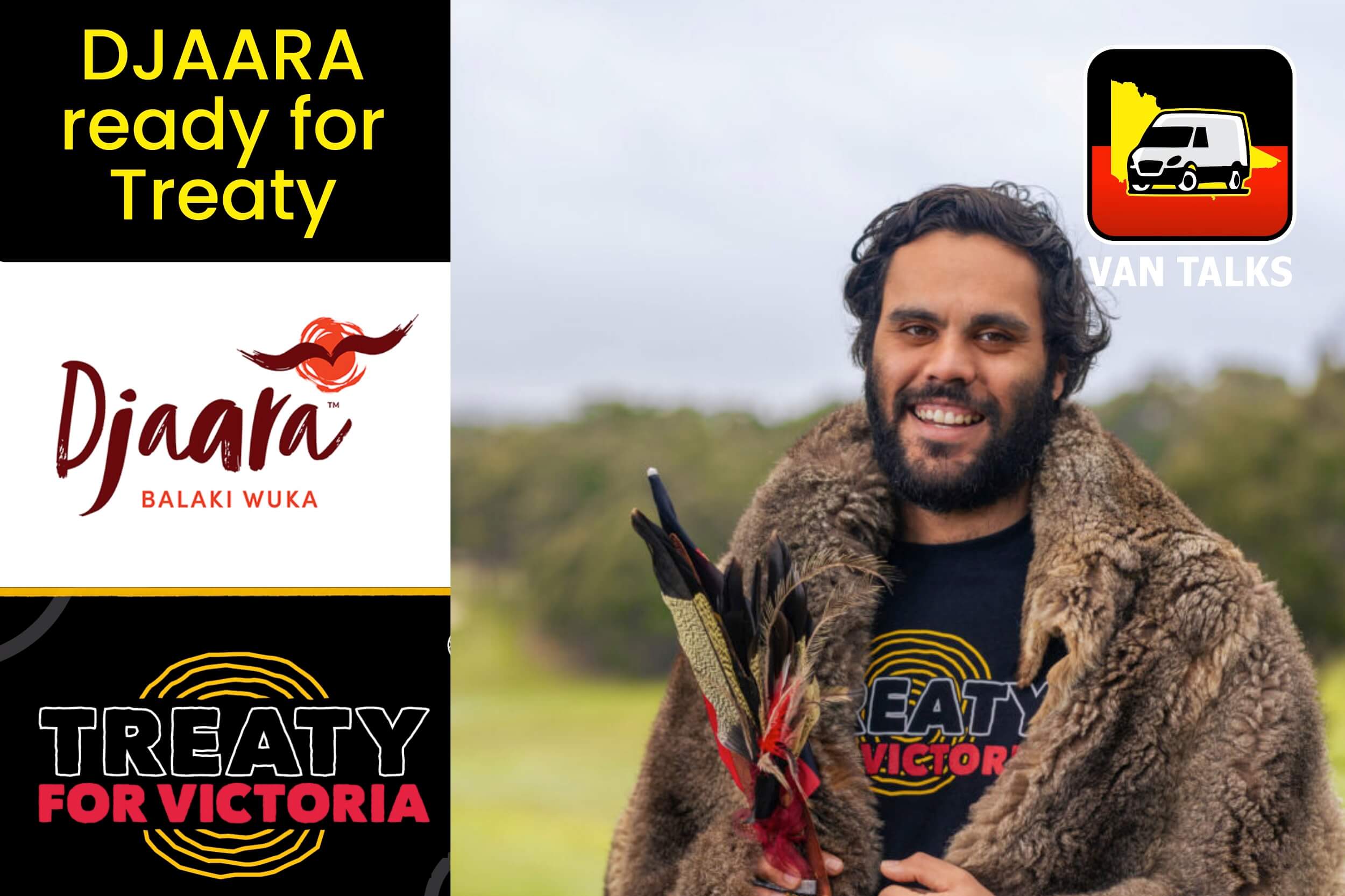
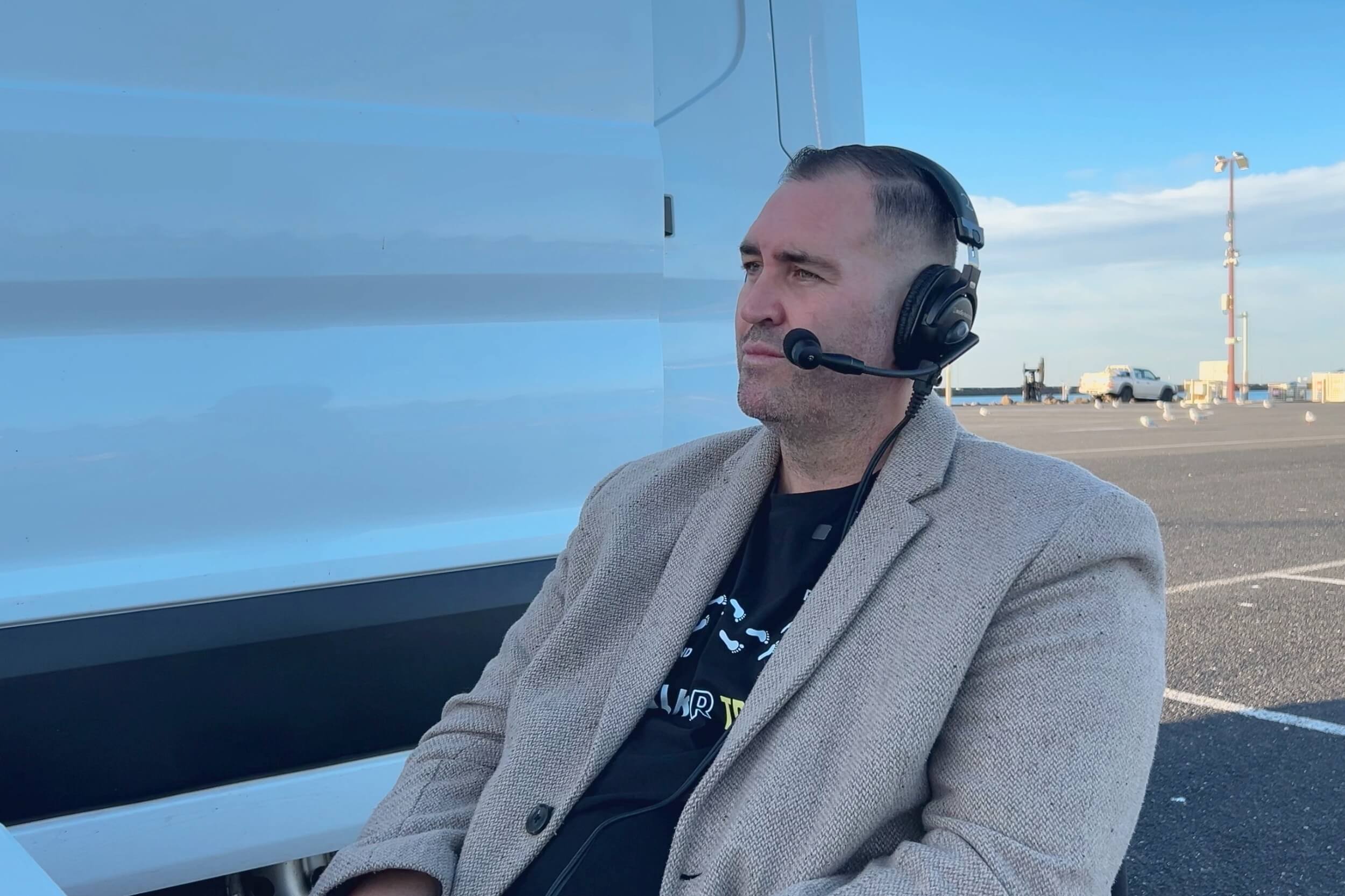
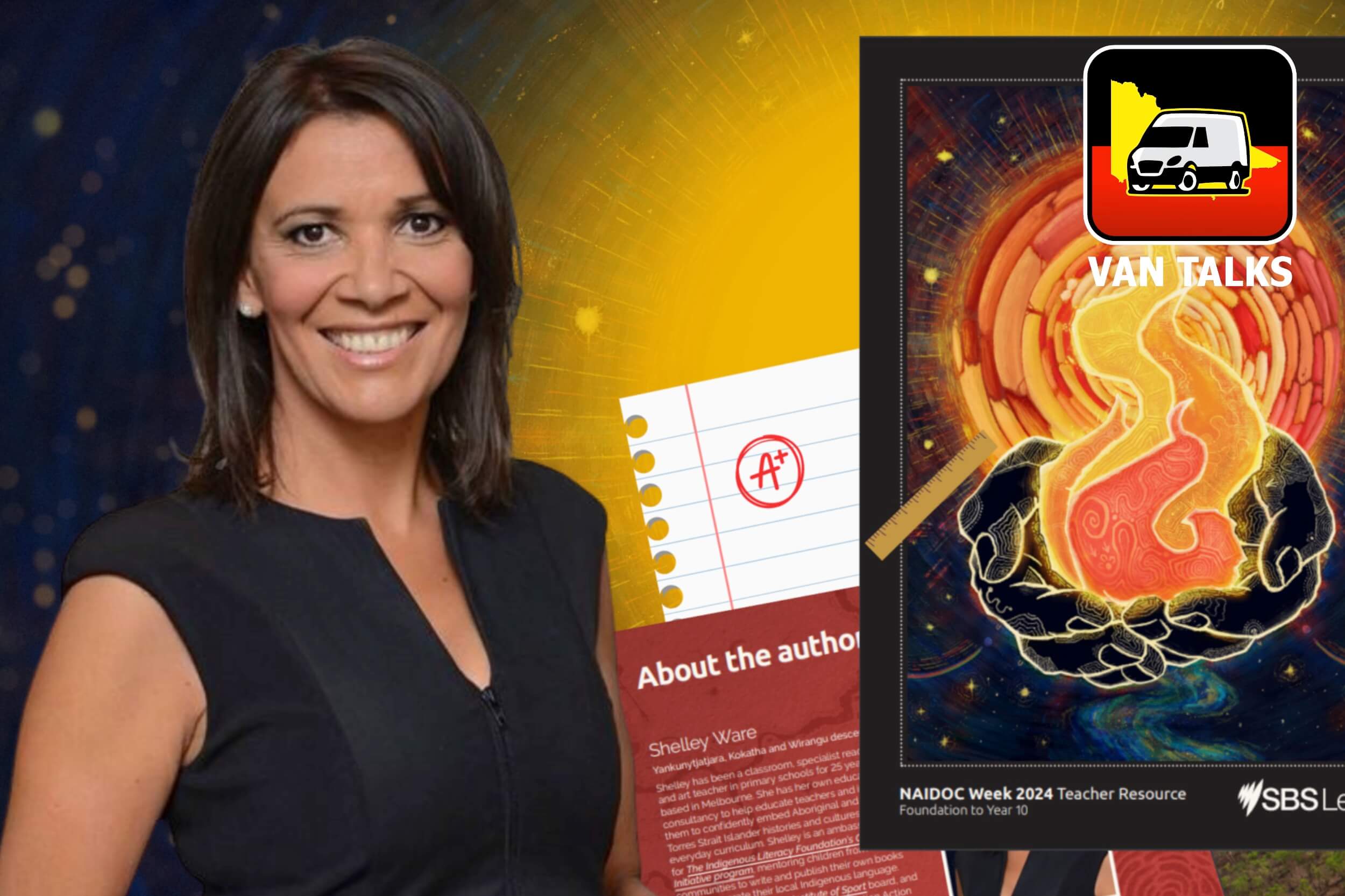
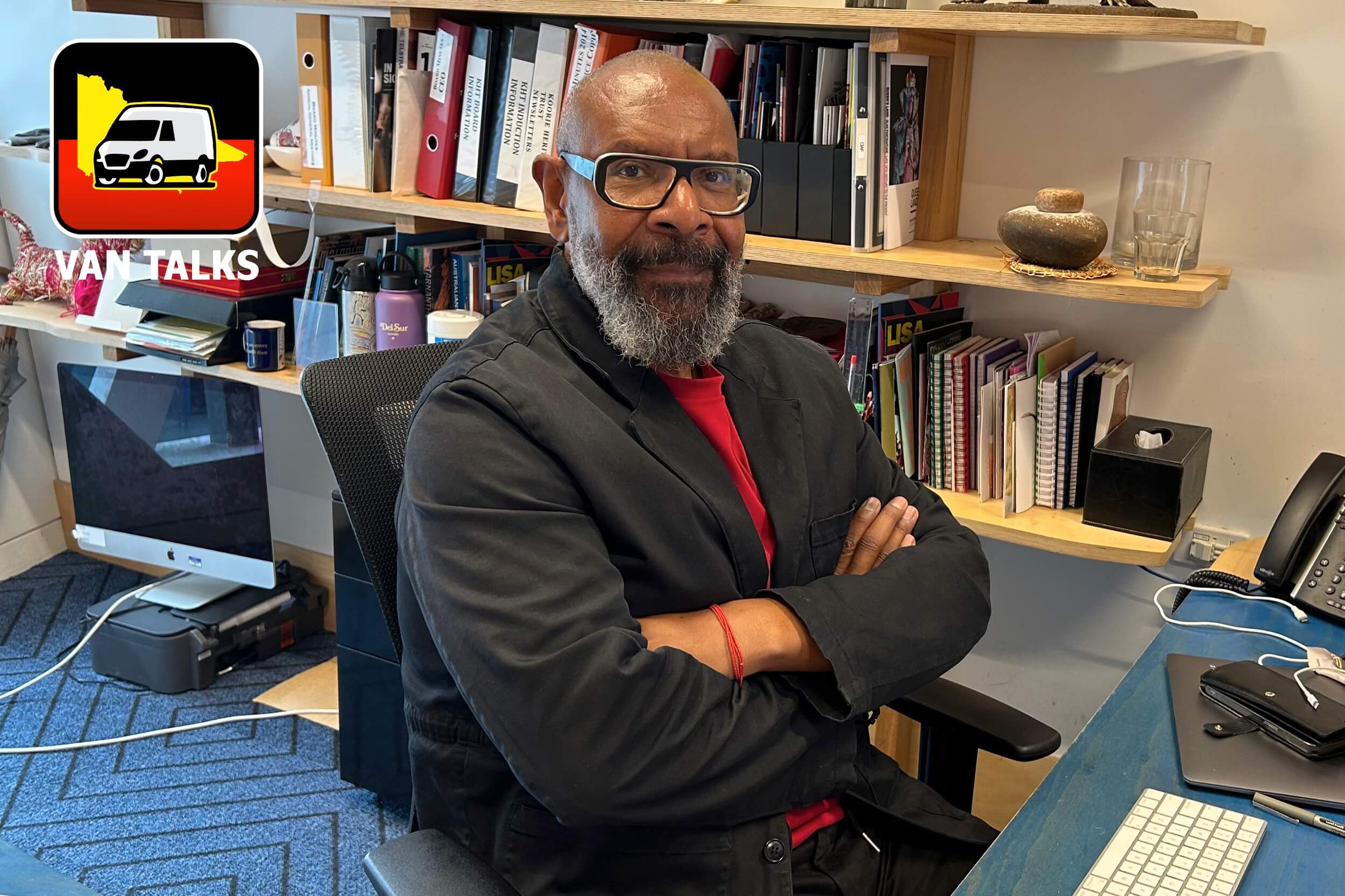
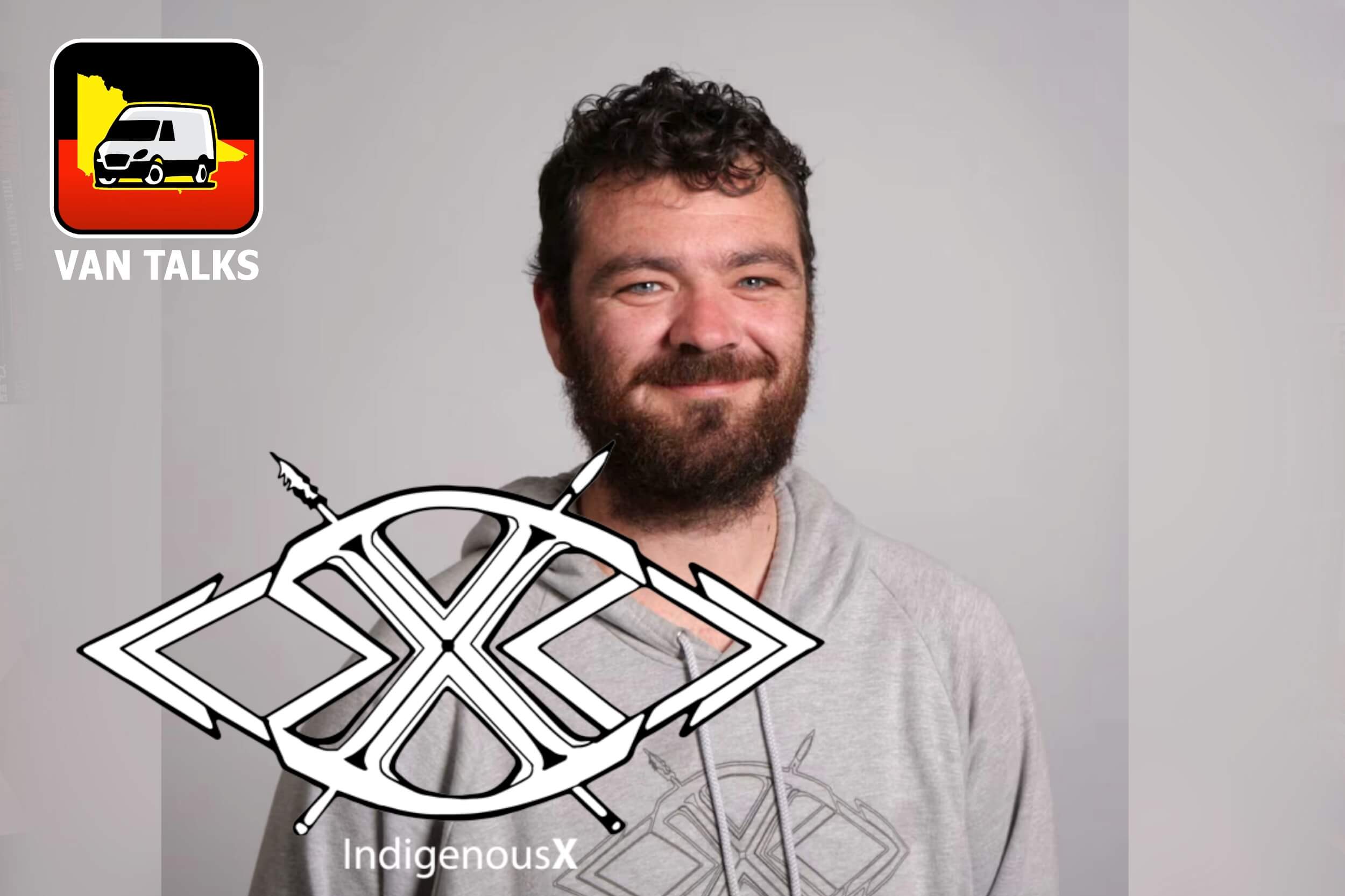

0 Comments